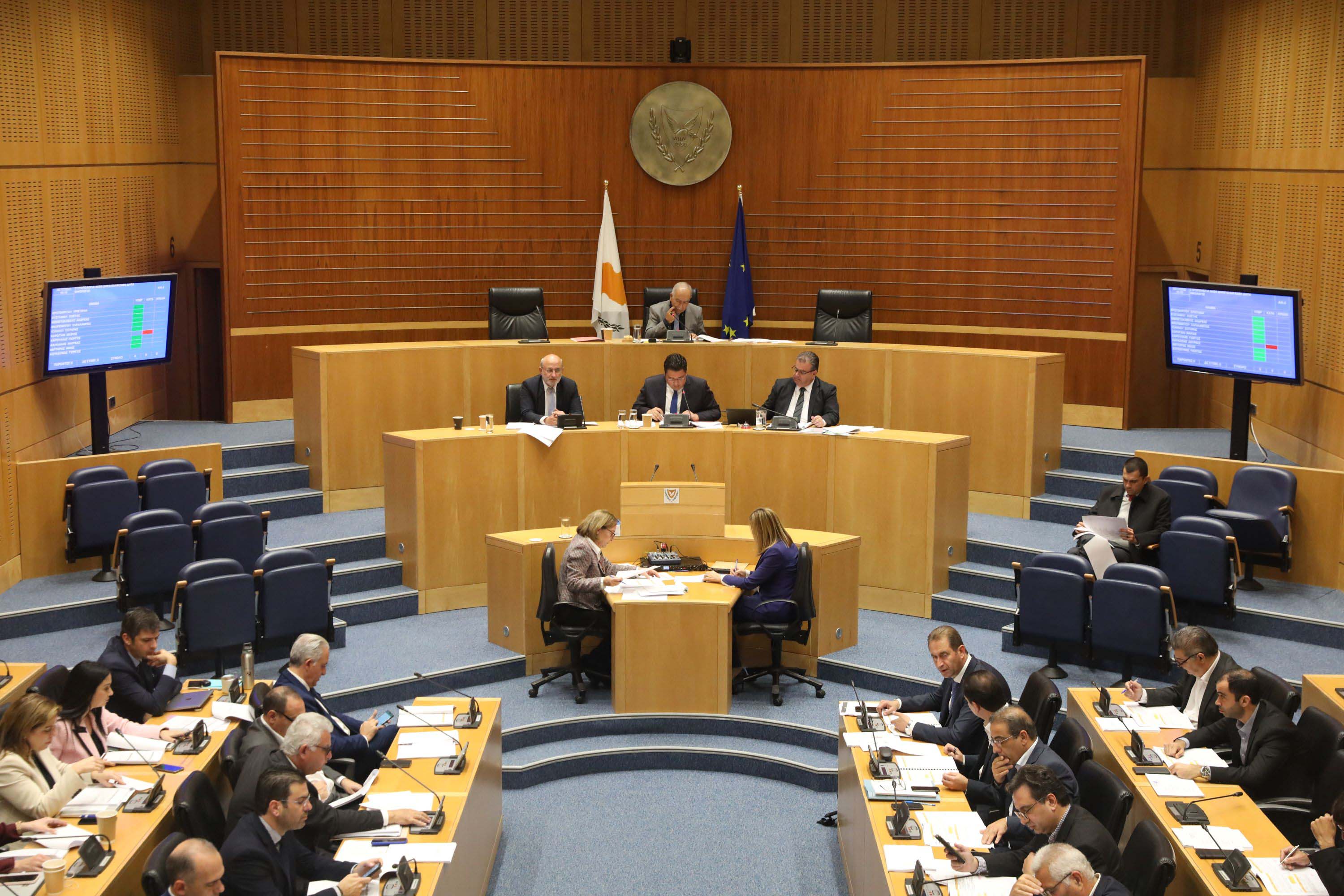Parliament has no authority to dish out administrative sanctions – such as fines – on MPs for failing to file their wealth declaration on time, the House said on Monday responding to media criticism.
The House released a statement on the back of reports that not a single lawmaker had submitted their wealth declaration or asset statement by the June 1 deadline. That had prompted the secretariat of the parliament to send MPs a reminder while also granting the wayward legislators a one-month extension to file the forms.
The ensuing media commentary pointed out that MPs’ cavalier attitude had a great deal to do with the fact that legislators face no sanctions for missing the filing deadline.
Addressing this criticism, the House statement explained that parliament is not an administrative body – therefore it has no authority to impose administrative fines.
At the same time, it added, MPs are criminally liable should they submit false data on their wealth declarations form.
Under current practice, any MP who does not file the form on time is ‘named and shamed’ – their name is published online in a list of non-compliant names. But other than that, no sanctions apply.
The matter got traction again last week when the June 1 deadline for filing the wealth declaration forms came and went. Not one of the 56 MPs filed by that cutoff date.
MPs, MEPs, government ministers, the president and the House Speaker must submit their asset statement so that it can be checked for ‘unjust enrichment’.
Since 2004 when the relevant legislation was enacted, the wealth declarations filed by MPs have not been subject to any meaningful scrutiny.
Up until now the practice has been for MPs to submit the statements to the office of the House Speaker, who then forwards them to a three-member committee to be ‘checked’.
This three-member committee itself consists of MPs.
But under an amendment to the law – being debated for three years now – the wealth declarations of legislators would instead undergo checks by the Tax Commissioner.






Click here to change your cookie preferences